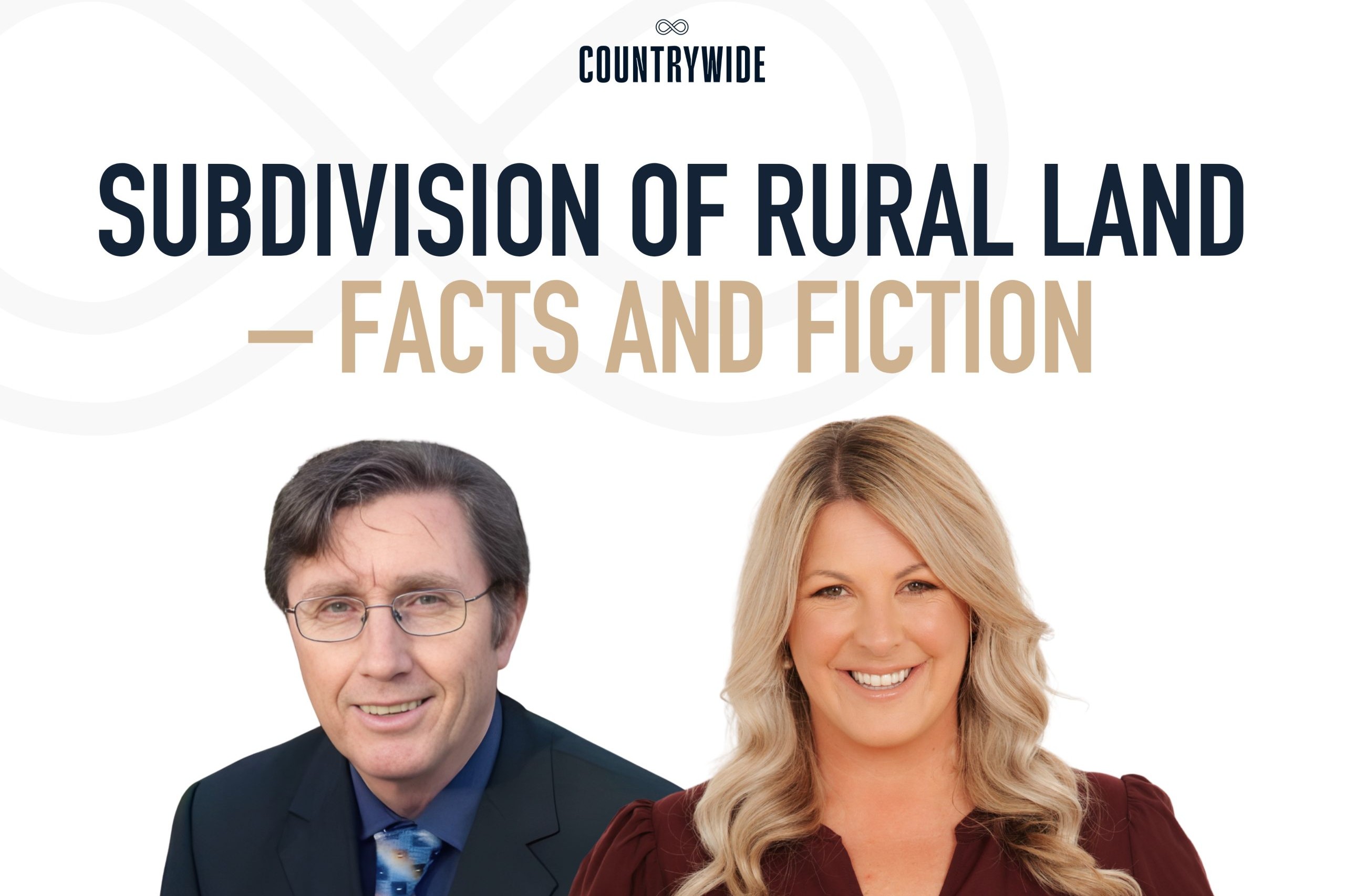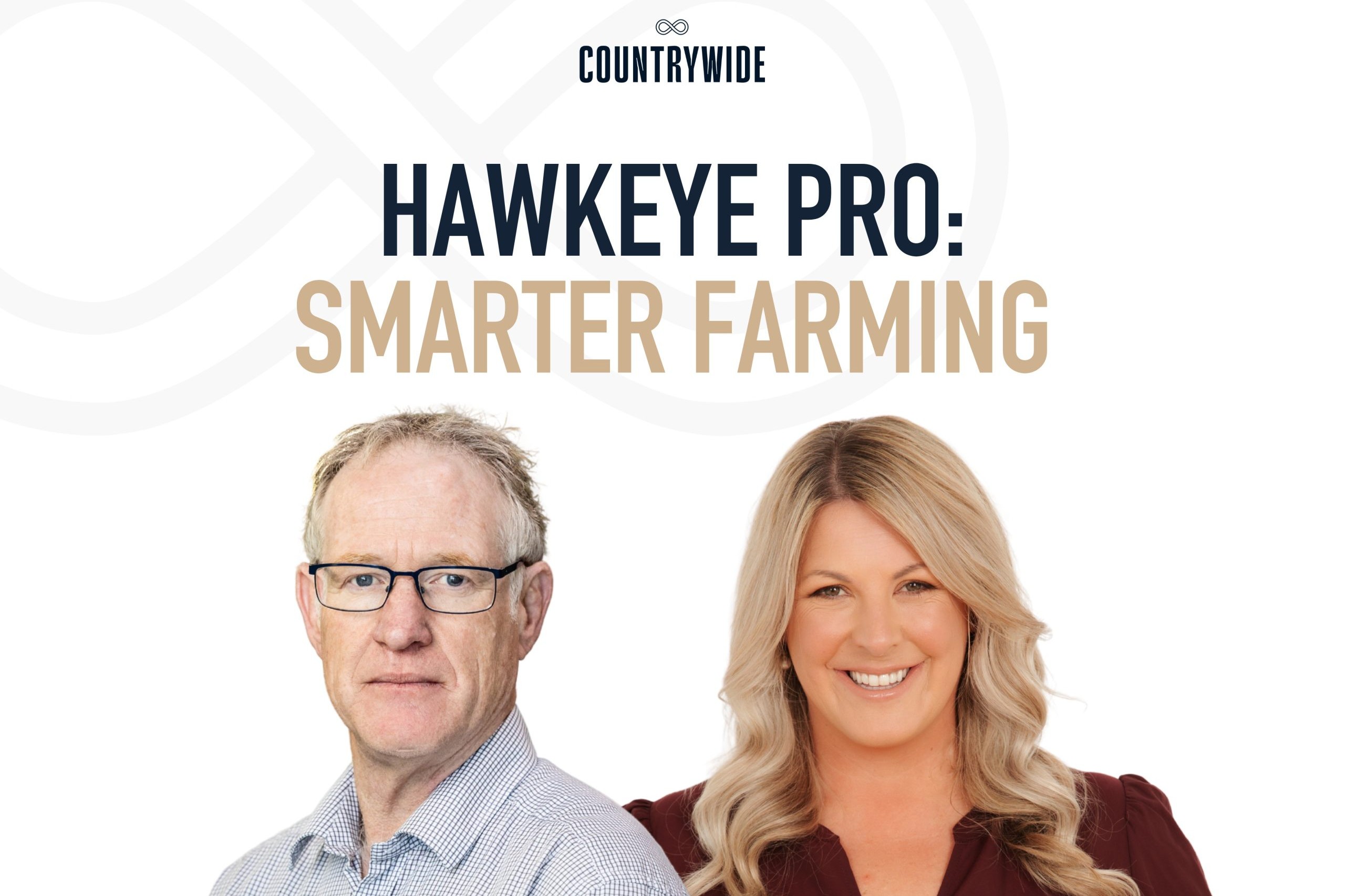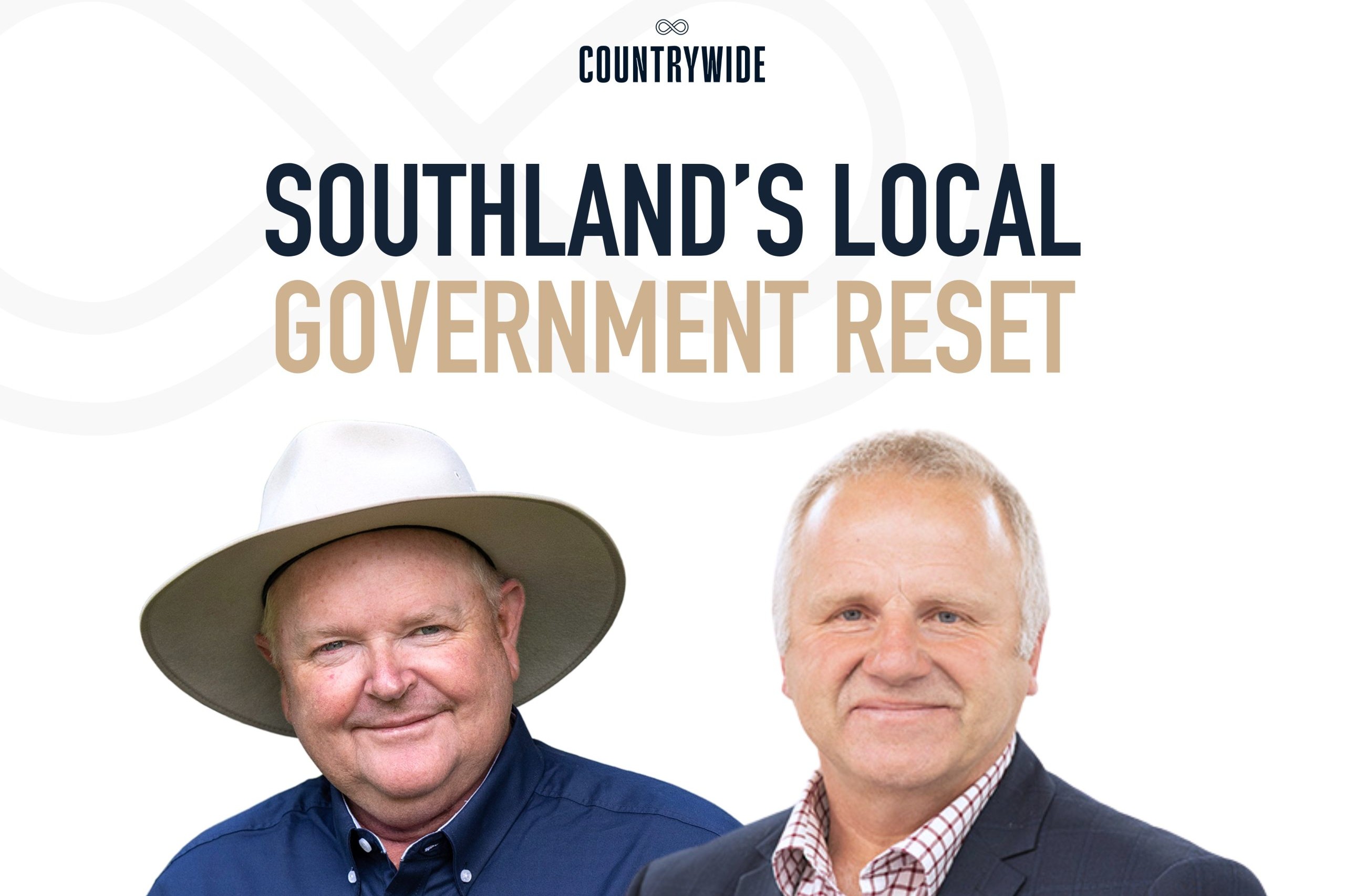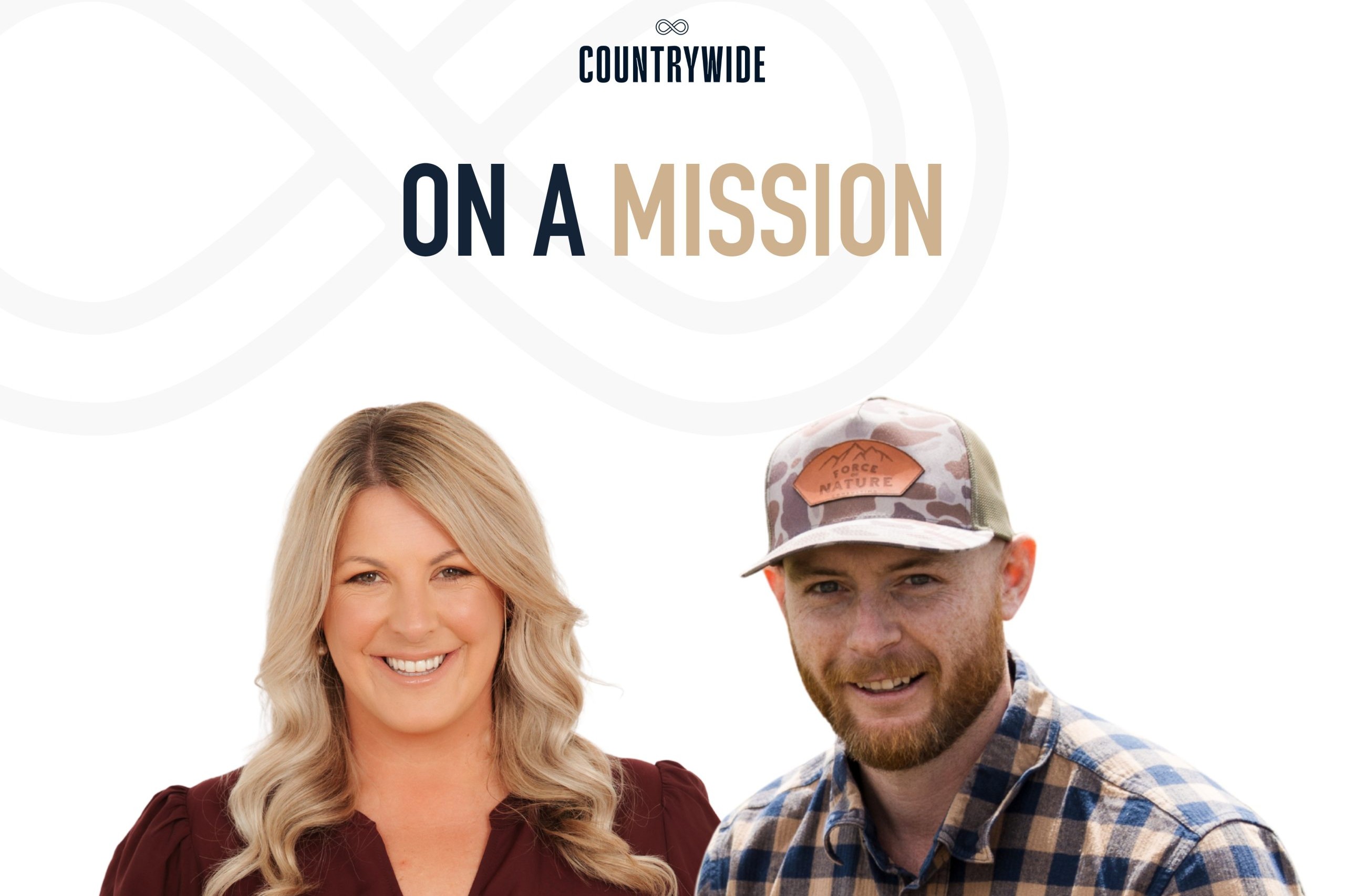Episode 33 – How will merino survive the cost of living crisis?
Tough times in New Zealand and globally have taken their toll on the luxury goods market, and New Zealand’s merino sector is no exception.
In this episode, we hear from those who know merino best, and how they’re planning to overcome challenges related to financial recession, and overseas regulations, that demand higher quality and processing accountability. We also look at how new technologies in the AI and genetics space could help enhance merino quality.
Guests include:
- Angus Street, CEO, NZ Merino
- Mark Ferguson, Co-Founder & Director, neXtgen Agri
- Craig Smith, General Manager, Devold New Zealand
Hosts:
- Rebecca Greaves, Editor, Country-Wide
- Sarah Perriam-Lampp, Managing Director, CountryWide Media
Angus Street has been CEO of NZ Merino for almost a year now, and discusses how tough times across the globe have affected the merino and wider sheep market. He says in its 26 year history, this is the first time the company will make a loss.
He says going forward they’re taking a multifaceted approach to regenerating business globally for merino products, with delivering value to their growers at the core of it. He also discusses how the geopolitical landscape overseas is impacting New Zealand trade, including evolving regulations coming out of Europe.
Mark Ferguson discusses new technologies coming into the sheep breeding sector, including how AI technologies are already being integrated into farm systems. This includes tools such as facial recognition, to monitor for issues such as fly-strike.
He also discusses what’s next for the merino world, including utilising breeding genetics that haven’t previously been used, such as breeding out dags, and focussing on reducing cost, rather than increasing production.
Craig Smith is the General Manager of Devold New Zealand, which creates merino wool products that are sold in markets such as Europe. He discusses how they’ve leaned into making sure the whole product is sourced ethically, and where environmental obligations fit into their ethos of providing quality goods.
He discusses how EU regulations have started asking for the whole story behind a garment, including making sure workers are properly paid and looked after across the manufacturing process, and the welfare of the sheep themselves.
He discusses how quality has been a big challenge over the past season, and the impact reduced quality of wool can have on the quality of the end product.
Read “Flying into farming” in the Winter issue of Country-Wide




